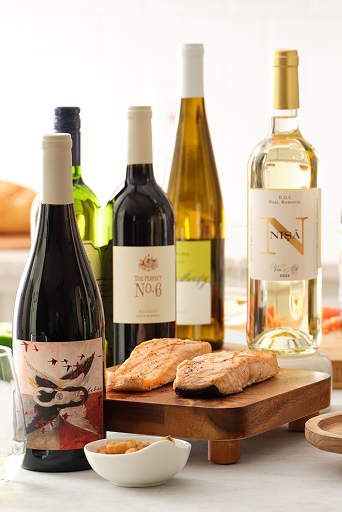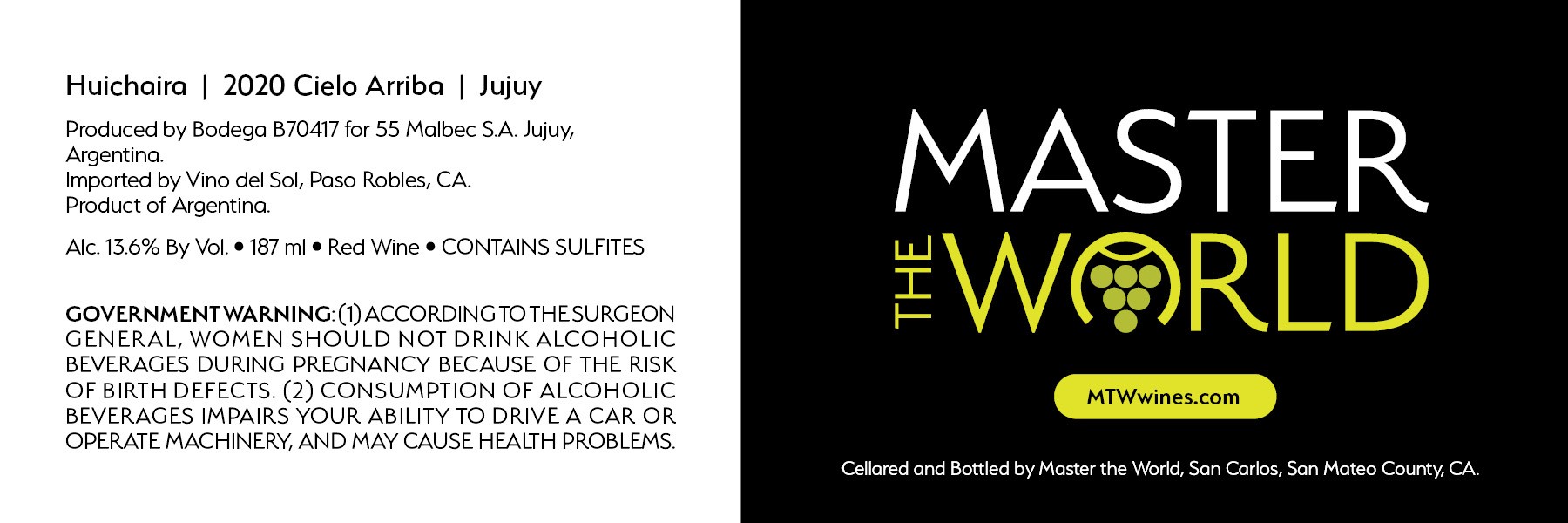Terroir of Jujuy
The Terroir and Climate of Jujuy are defined by its breathtaking elevation and rugged Andean landscape. At altitudes ranging from 2,200 to 3,300 meters, Jujuy is one of the highest wine regions in the world. This high altitude results in intense sunlight, which thickens grape skins and enhances color and phenolic content. The dry, high desert climate receives less than 150 mm of rain annually, relying on mountain springs for irrigation.
Temperature swings of 20°C between sunny days and cool nights slow grape ripening, preserving acidity and aromas, crucial for Jujuy's bold wines. The rocky and poor soils stress vines, leading to concentrated flavors. Jujuy’s unique combination of intense sunlight, cold mountain air, and rocky terrain fosters wines with vibrant acidity and deep color, embodying the region's dramatic terroir.
Notable Wineries in Jujuy
Jujuy, Argentina's northernmost wine region, is gaining recognition for its high-altitude vineyards and unique wines. Here are a few notable wineries shaping its future:
-
Bodega Fernando Dupont: A pioneer in Jujuy, known for its high-altitude Malbec, Syrah, and Cabernet Sauvignon, offering stunning views from its tasting room.
-
Viñas del Perchel: Family-run, producing robust Malbec-Syrah blends like Runa, with tours and tastings available by appointment.
-
Viñas de Uquía: Led by Claudio Zucchino, focusing on extreme-altitude winemaking and sustainability, with vineyards up to 3,319 meters.
Sustainable Winemaking in Jujuy
In Jujuy, sustainability is deeply embedded in the winemaking culture, driven by the need to preserve its unique high-altitude environment. Many wineries embrace organic and eco-friendly practices, benefiting from the region’s dry climate and natural mountain springs. This allows for minimal pesticide use and efficient water management, crucial in this arid landscape. The clean air and low pest pressure support a move toward biodynamic and permaculture methods, with several vineyards pursuing organic certification.
Winemakers here often use low-intervention techniques, such as fermenting with native yeasts and utilizing gravity flow to save energy. In a region where temperature control can be challenging, innovative aging methods, like using natural cellars, help reduce energy consumption. This commitment to sustainability ensures that Jujuy’s wine production is in harmony with its breathtaking yet fragile environment, fostering a future where quality and environmental stewardship go hand in hand.
Wine Tourism in Jujuy
Jujuy offers a unique wine tourism experience, blending high-altitude vineyards with rich cultural exploration. The Quebrada de Humahuaca Wine Route is a highlight, featuring breathtaking landscapes and intimate winery visits. Each stop provides a chance to meet winemakers and taste distinctive wines like Malbec and Syrah, which thrive in the intense Andean sunlight.
Noteworthy wineries include Bodega Fernando Dupont and Viñas del Perchel, where guests can enjoy personalized tastings and local cuisine. Viñas de Uquía enhances the experience with activities like llama treks and Andean cooking classes. The emphasis on sustainability and organic practices reflects Jujuy's commitment to preserving its environment while offering authentic wine experiences. As the region's wine tourism infrastructure grows, more visitors can enjoy this blend of adventure, culture, and wine in one of the world's most striking wine landscapes.






